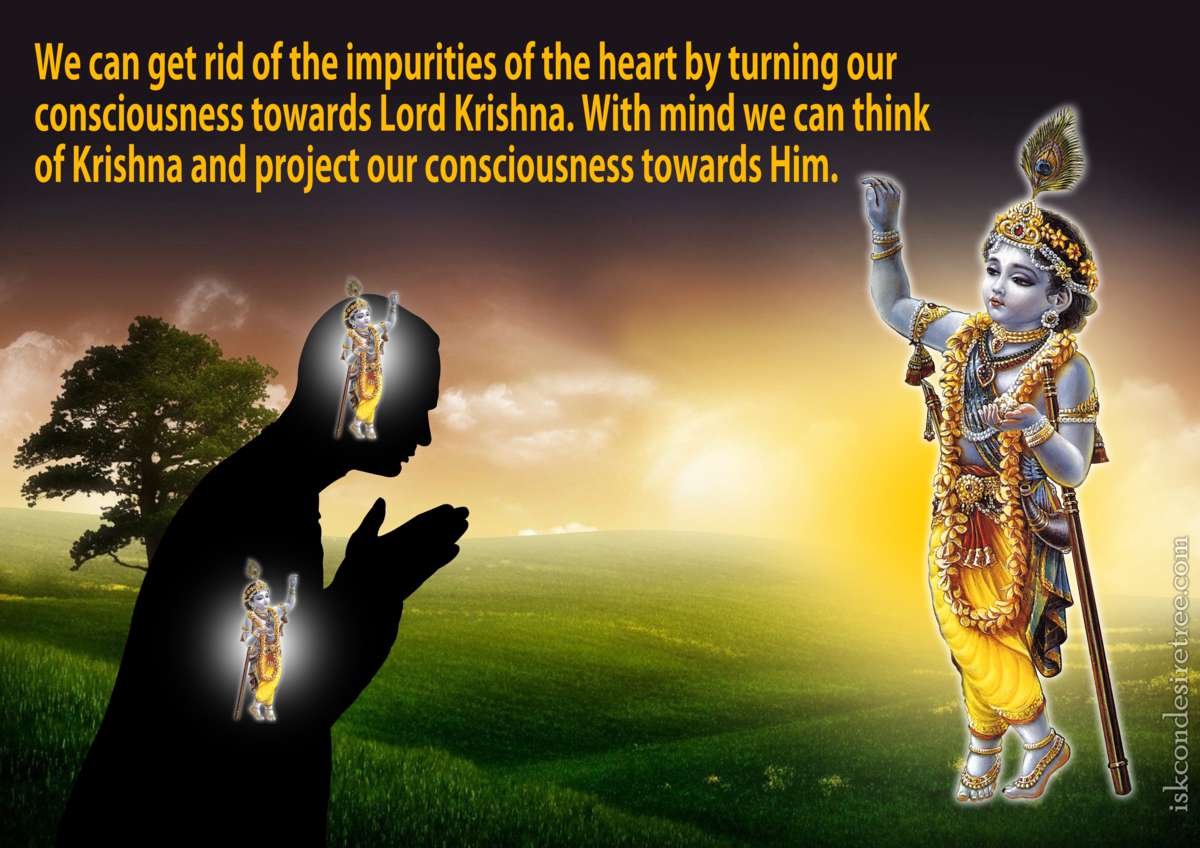Monday, 10, April 2017
Place Names,
Toronto in Canada is from a Huron
word meaning ‘place of meeting ‘ Montreal means ‘royal mount’ in French –land was
first settled by French People in North America the early Spanish explorers named
many settlements after saints, such as San Francisco(St Francis) A number of
the states of the USA were named after the Native American(then known as
Indian) people who lived there Dakota Kansas and Indian (land of Indians ) are
examples what some place names means
.Accrington (England) Farm Acorns
grew
Aconbury (England)
Old Fort inhabited by squirrels
Swindon (England) pig hill:
Slough (England), Mire.
Bangor (Nales)Church with a woven
fence
Glasgow (Scotland) Green hollow
Perth (Scotland)Thicket
Cork (Ireland)Swamp
Beijing (China) Northern Capital
Arizona (USA) Little Creeks
Philadelphia (USA) Brotherly love
Mumbai (India) God Harbour
Meghalaya
(India) Adobe of cloud
Vladivostok (Russia) Govern the
East courtesy wisdom
Quote from the True Charm and power of Vedanta
Mind
 What is the mind? It is difficult
to define it. According to Hindu philosophy the mind is an organ which controls
all other organs, the organs of action and perception. It is called the principal
organ although it is invisible it van be known only by its functions, it is
inside the body but where it is located controversial, The mind is however ,
matter, according to Hindu philosophy
What is the mind? It is difficult
to define it. According to Hindu philosophy the mind is an organ which controls
all other organs, the organs of action and perception. It is called the principal
organ although it is invisible it van be known only by its functions, it is
inside the body but where it is located controversial, The mind is however ,
matter, according to Hindu philosophy
The mind is so powerful that it
is often considered the real identity of man. The mind is variously called; ‘mind’
‘intellect’, heart’ and ‘I-ness. The designations are based on their different functions.
‘Mind’ is that state in which you cannot decide one way or another. that is at
one point you say you will do something , at another, you say you will to do
it. You don’t understand your mind; it is always wavering. But the mind can
also be determinative. It examines the pros and cons and then come to a
decision. When the mind so works, it is called the ‘intellect’. Another function
of the mind is to feel. It feels pleasure and pain, joy and sorrow. It is also
the seat of all emotions and the repository of all memories. When the mind works
this way, it is called the ‘heart’ There is yet another function of the mind ‘I-ness’.
This I-ness characterizes everything the mind does. The mind says. I am the
doer. I am the enjoyers, and so on’ This I-ness is individualism, asserting
itself.
But, if He exists?
I drive joy There was a doctor in
Benaras who spent 7 minutes in the morning and evening for mediation on God.
Knowing this, his colleagues and friends laughed at him. One day they argued
that he was wasting ten precious minutes on something, which he had been misled
into believing. The doctor replied, “Well, if God does not exist, I agree that
I am wasting ten minutes a day. But, if He exists? I am afraid you are wasting your
entire lifetime. I prefer to waste ten minutes rather than a lifetime. Why
should you grudge me the 10 minutes joy that I derive 4m.








No comments:
Post a Comment